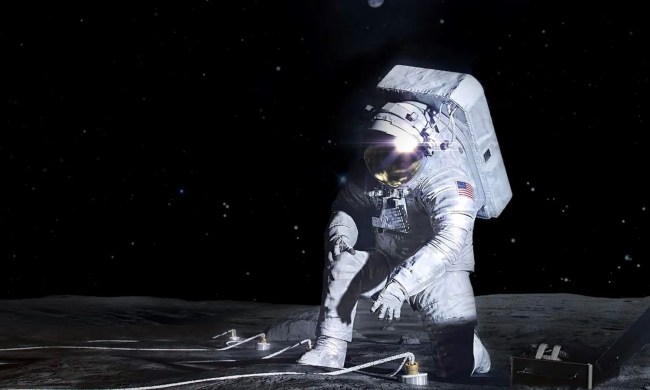Rocket startup Astra had to scrub its first launch for NASA, scheduled for yesterday, Saturday, February 5, due to a range asset issue.
“Standing down from today’s launch of @NASA’s ELaNa 41 mission due to a range asset that went out of service,” Astra wrote on Twitter. “The team is setting up for next opportunity on Sun., Feb 6. Stay tuned.”
Standing down from today's launch of @NASA's ELaNa 41 mission due to a range asset that went out of service. The team is setting up for next opportunity on Sun., Feb 6. Stay tuned. #AdAstra
— Astra (@Astra) February 5, 2022
Chris Kemp, CEO of Astra, posted some more details on the issue, saying, “We are standing down today due to a range equipment failure causing a critical range detection asset to be unavailable to support our launch. ”
In a follow-up tweet posted an hour later, Space Launch Delta 45 (SLD 45), the Space Force unit overseeing the Cape Canaveral station, gave more details about the problem and confirmed it was a radar system issue: “SLD 45 has isolated the radar system issue and is working a solution. We are prepared to support the next launch opportunity.”
Astra then confirmed that it would delay the launch of the mission until Monday, February 7. An exact time for the new launch has not yet been confirmed, however, judging from the rescheduled livestream, it looks like the launch is likely to go ahead around 1 p.m. ET (10 a.m. PT).
The aim of the mission is to launch four CubeSats, or small satellites, as part of NASA’s Educational Launch of Nanosatellites (ELaNa 41) program. This brings together students, faculty, and NASA personnel to develop small satellites as either technology demonstrations or science experiments. This will be Astra’s first launch for NASA, as well as its first launch from Cape Canaveral.
Astra will use its Rocket 3.3, which has been developed to be an affordable and compact launcher for small space missions such as this one. Astra had some troubles in getting its rocket system to orbit, as its first three rocket launches failed to reach orbit. However, its fourth attempt was successful, and the company reached orbit in November last year. In December, the company announced it would be launching satellites for NASA in a fast turn-around of the approval process.
“This historic launch site has been prepared for a new commercial launch partner in less than year, which is a tremendous milestone for our combined team, and illustrates how SLD 45 sets the pace for access to space,” said Brigadier General Stephen Purdy, Commander of Space Launch Delta 45 and Director of the Eastern Range, in a statement at the time. “SLD 45, Space Florida, and Astra have moved at a rapid speed to demonstrate critical and responsive launch capabilities. We are excited to welcome Astra to Cape Canaveral Space Force Station.”



